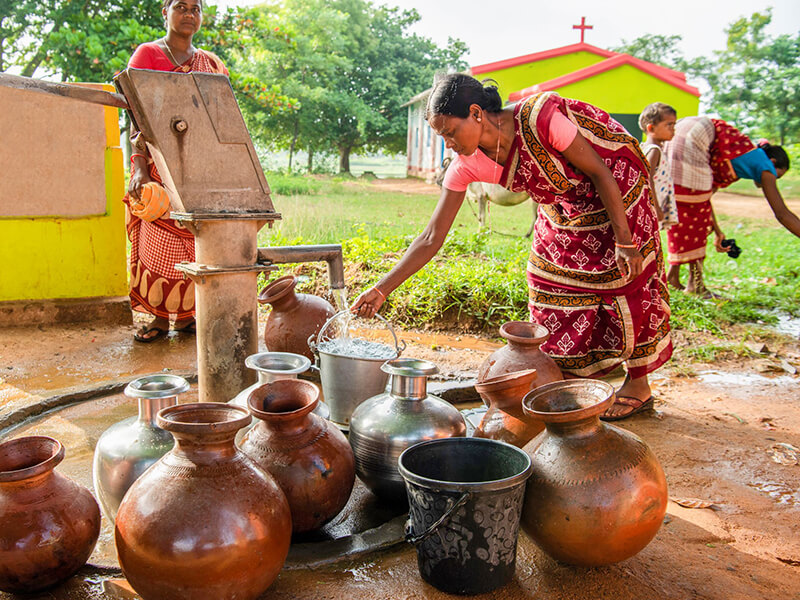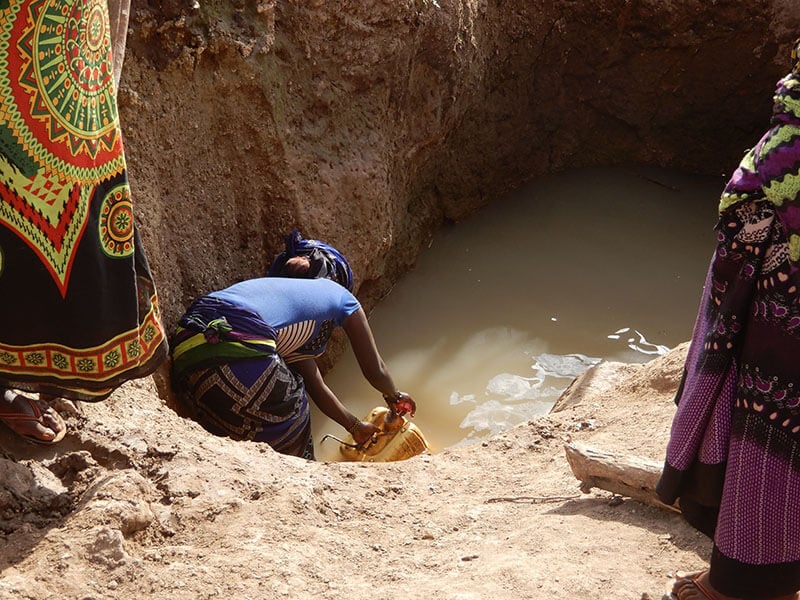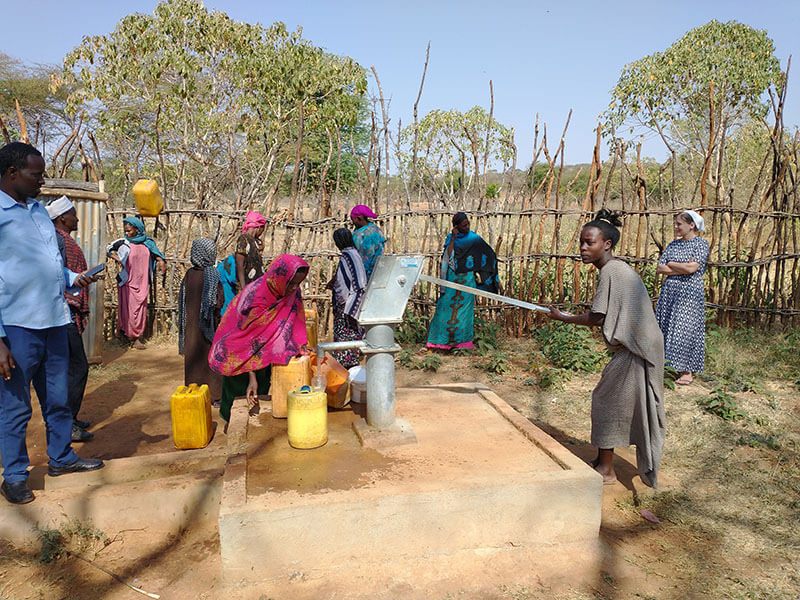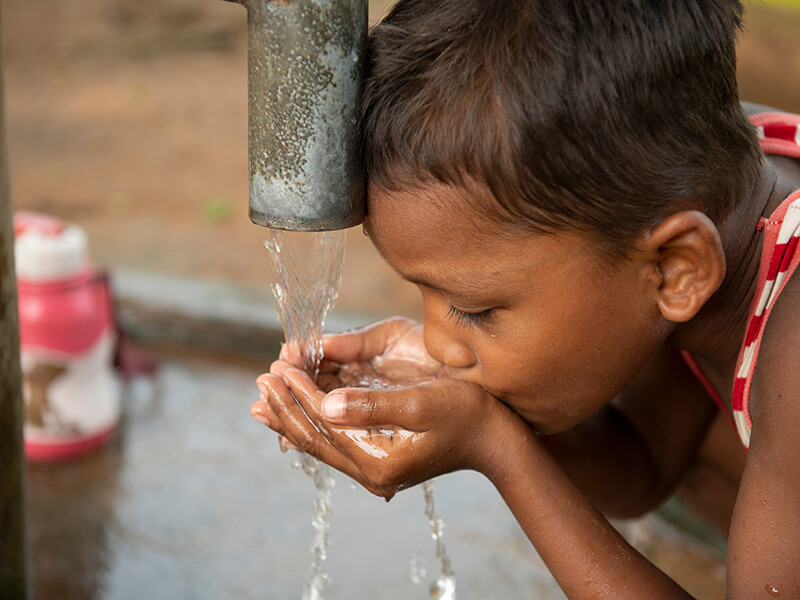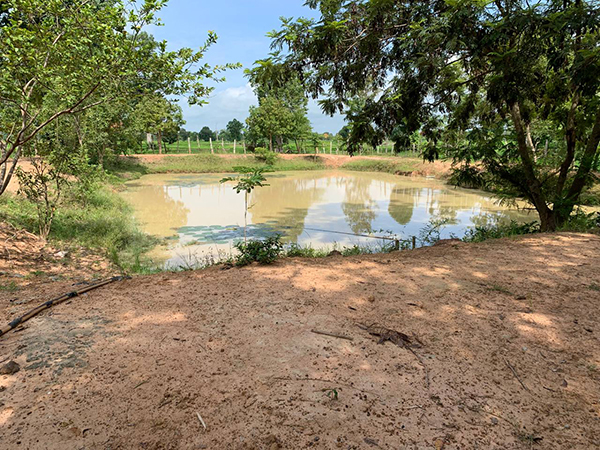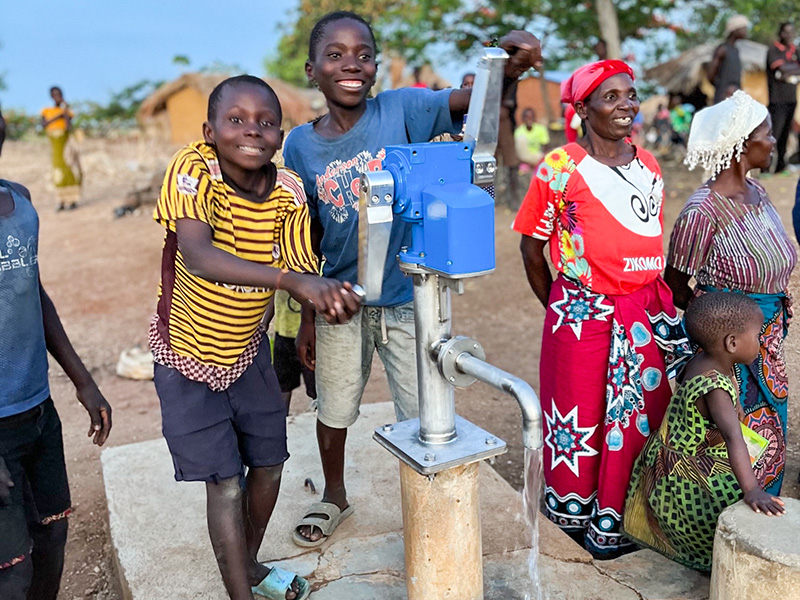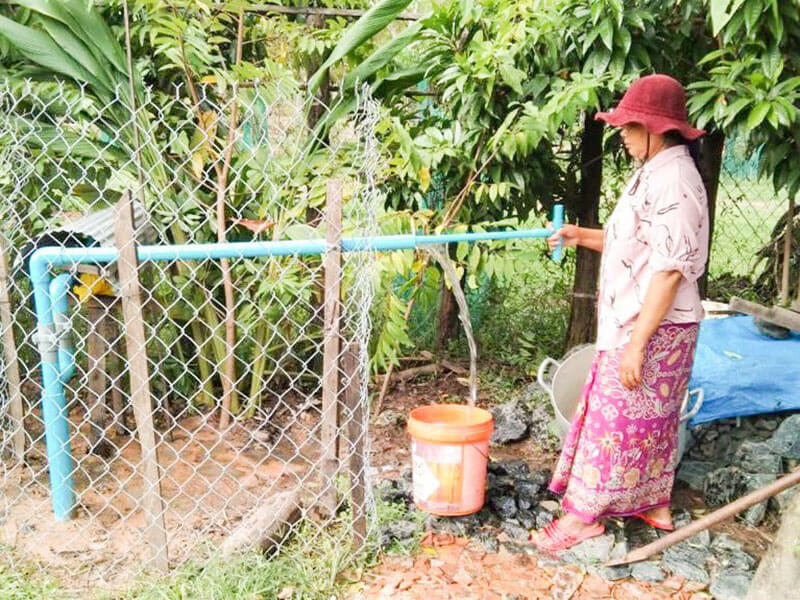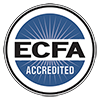Stagnant, communal waterholes are the only sources of water for many individuals around the globe. These waterholes are packed with microbes that cause life-threatening diseases such as typhoid, polio, and cholera. Each year, approximately one million people die from using contaminated water. Safe water is crucial for good health and sanitation. Drinking contaminated water can cause chronic health issues. Skin infections and other problems can result from using dirty water for bathing and washing clothes.
A person can live about a month without food but only about one week without water. However, for many people in remote Asian villages or deep in Africa’s bush, every drop of water requires hours of walking. Even dirty, disease-infested water is hard to find.
This year, CAM plans to give special focus to providing clean water around the world.
The need for clean water is huge. This avenue also presents great opportunities to share the news of living water. By drilling wells or providing water filters in remote regions, our staff and contacts are able to present the Gospel to people who have never heard of Christ.
AT A GLANCE
Globally, at least 2 billion people use a drinking water source contaminated with human waste.
Approximately 260 million people must travel more than 30 minutes daily to collect their water.
Americans spend approximately $11 billion each year on bottled water, while much of the world lacks access to clean water.
AFRICA:
Last year, CAM funded wells for the people of Borana, Ethiopia. These people raise cows, goats, or camels in the region’s scrubby hills. The dry season persists most of the year, with only a short rainy season to relieve the earth in the summer.
Gathering water in this extremely remote region is no easy task. Some women carry five-gallon jugs for hours to reach their source of water—in some cases a mere mud hole five feet deep. They fill their jugs with this filthy water and make the long trip home. Each day, women and young girls in this region spend up to ten hours walking seven to twelve miles for water. Sadly, the strain mothers endure in some cases results in the loss of unborn lives.
Early this year, our staff visited the Borana region. A staff member shared, “The local people told us that the rains are less every year . . . They said their cows are becoming weaker and skinnier. . . the droughts just make it harder and harder to get by.”
Villagers still walk for miles to reach the wells that were provided, but now the water they receive is clean and fresh. Women take turns pumping for one another and show the utmost care to avoid spilling water. Local villagers testified that this clean water is helping ward off sickness.
ASIA:
We plan to work through contacts to provide wells in various parts of Asia this year. In one village where our contacts drilled a well, a farmer shared, “We were forced to use dirty and filthy water for cooking and drinking. We suffered stomach aches, jaundice, typhoid, and diarrhea.” With clean water and instructions on proper hygiene, water-related diseases in the village dropped significantly.
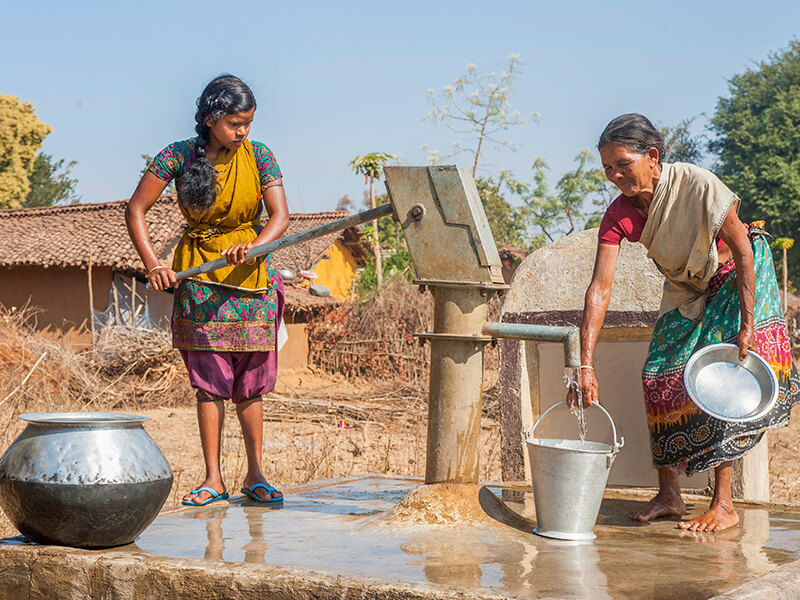
We are thankful for the opportunities God is presenting through the Water-for-the-World program. Our budget goal for 2021 is $900,000. If you wish to help with this project, your support will be a blessing. Please pray that the gift of physical water would draw people to the priceless gift of living water in Christ.
Thank you and God bless you!
Christian Aid Ministries | May 2021
